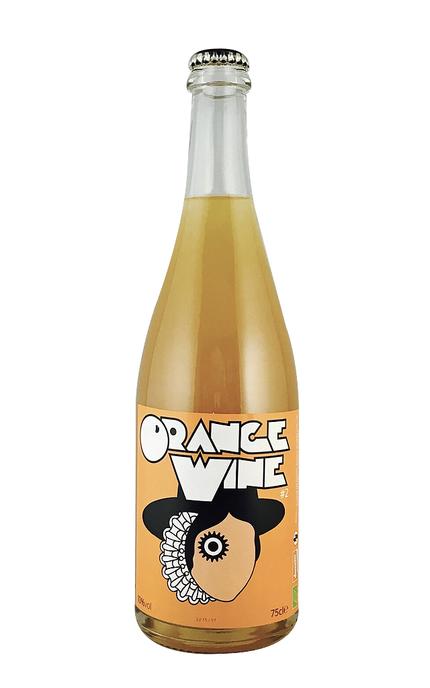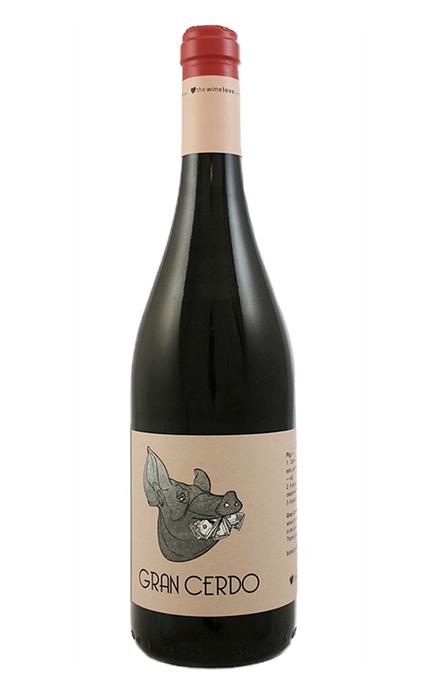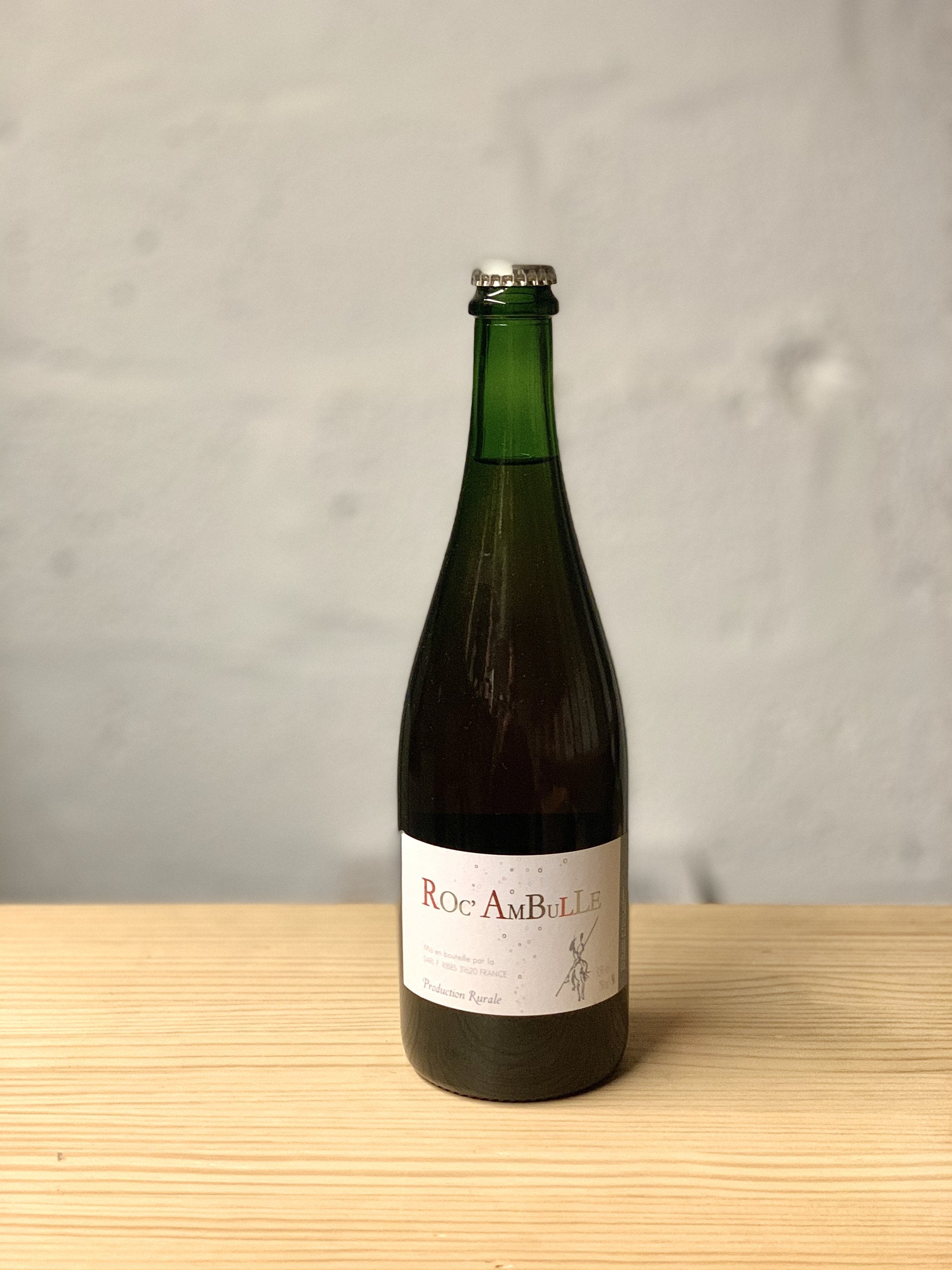Everything You Need To Know About The Natural Wine Trend
photographed by Anna Jay.
If someone told you, "you're a natural," you'd most definitely take it as a compliment. But, when it applies to wine, what does it really mean?
Natural wine is a type of wine that according to Celine Beitchman, director of nutrition at the Institute of Culinary Education, has grown in prominence in recent years as a kind of backlash to modern winemaking processes that have become common practice. The "do it yourself movement" prompted some winemakers to rethink this very precise modern process in favour of an old-world approach, which allows for the "uncertainty and beauty of natural imperfection," says Beitchman.
AdvertisementADVERTISEMENT
How is it made?
Like so many things that are labelled as "natural," there is no real regulation of what "natural wine" is. In the wine industry, categorising something as "natural" can mean a lot of things, and it mostly has to do with how the alcohol is made. "Natural wines are wines that are supposedly made without any artificial influence," Beitchman explains. "The general idea is that they follow an old-world style, where the winemaker is just letting the land do its thing and letting the grapes become wine."
In most cases, natural wines are made only by letting the natural yeast on the grapes do the fermenting instead of having commercial yeast or standard yeast added. It also means minerals aren't added to the soil and water and chemical compounds like sulphites aren't added to the process. Natural wines are not filtered either, which typically results in a more cloudy appearance.
"Natural" is often used as an umbrella term in the wine industry and can include wines that are organic and/or biodynamic. According to Beitchman, biodynamics refers to the "non-physical realities" that are considered when grapes are grown. That includes factors like moon cycles, predatory habits, and light penetration.
What does it taste like?
Because truly natural wine is made without the addition of standard yeast, water, and chemical compounds, the end results are inconsistent. However, natural wines do typically taste "funkier" than other wines. "Think of a Pilsner where it's been fined and you can see through it versus a wheat beer which is cloudy and has more flavour to it," Beitchman illustrates.
AdvertisementADVERTISEMENT
Who should drink it?
Because of it's "funkier" flavour, Bietchman recommends natural wines to those who aren't wine tasting novices. "I think when most people approach wines, their palates are typically turned off by flavours that are not fruity," she explains. "As you delve into wine and your wine palate develops, you typically move toward more complex wines, things that are much less fruity, much less grapey, and more developed and funky. I think that this is just one step down that road."
What are the common types?
"If you see an orange wine on the menu, that's typically a naturally-produced wine and those are more typical of Italy and parts of eastern Europe," says Beitchman. "There's also a pétillant naturel, which is a naturally-fermented sparkling wine where the final fermentation happens in the bottles so it's a little bit fizzy." You can find Prosecco that is naturally fermented as well.
Where should you buy it?
With so many things falling under the "natural" umbrella it can be tricky for the consumer. "It sort of gets all mushed in together to the point where people can say 'natural' and maybe they mean organic and who knows what the customer is expecting," Beitchman explains. That's why it's important to develop a relationship with the wine vendor. "You want to make sure that you know the vendor so you can make sure that they have brought [the natural wine] in and cared for it in a proper way at lower temperatures so that it can stay as stable as possible," she says. "It's generally recommended that if you are interested in natural wines, you purchase them from local sources so they won't have traveled as far."
AdvertisementADVERTISEMENT
If you're curious about natural wines, Bietchman suggests finding events in your area that host an array of wine vendors so you can try out different ones and see who's really taking the natural wine game seriously.
How much does it cost?
Before you go to buy a bottle of natural wine, just know that it might be slightly more expensive to the non-natural wines you're used to purchasing. "Anything that's artisanal is going to have a higher cost. That's going to up the price tag," Bietchman says. "Commercial wines that are made in larger lots are always going to be cheaper — that's like your Yellow Tails and your Carlo Rossis and all that. You only get those kinds of prices when you completely modernise the system. Natural wines are typically produced in smaller lots, smaller batches."
AdvertisementADVERTISEMENT









